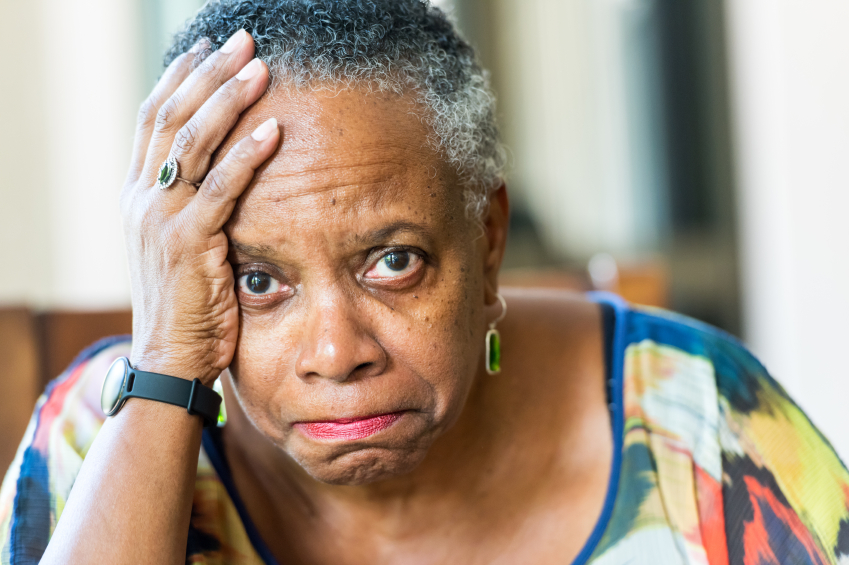Depression is the most common mental illness, and the most common condition I see in my practice. The DSM-5 (Diagnostic and Statistical Manual of Mental Disorders, Fifth Edition) is a manual that lists the signs and symptoms of all recognized mental disorders. It characterizes depression as a condition where the patient experiences low mood, low energy, apathy, poor concentration, loss of pleasure, irritability, anxiety and sleep disturbance. These symptoms need to be present for a period of time and not just an isolated day or two. The DSM-5 criteria for depression are an attempt to differentiate depression from other conditions. They don’t, however, get to the essence of the illness.
Depression is an illness that has a longitudinal course that changes over time. Many cases of depression begin as diffuse anxiety. The individual feels ill at ease and may begin to worry. They may attach the worry to something specific like money, relationships, their job, or their health. Often early in depression there’s a slow, chronic and grinding unresolvable stress perceived by the patient. This period of anxiety may last weeks or months and may come and go. In my opinion, whenever a person doesn’t feel right they start looking for a reason and a solution. When no solution is found the anxiety may morph into irritability. When there’s no usable solution the anxiety may increase to fear.
Fear is a horrible state of mind and the mind tries to neutralize the fear with anger. Fear and anger are two emotions that co-exist in the mind, but anger is a more tolerable emotion than fear. With fear the individual doesn’t know what to do, and is helpless and powerless. Being angry motivates defenses of fighting or running away. In this stage, patients are snappy with others and poorly tolerate frustration. It is at this stage that they may first seek help from a psychiatrist.
In the irritable stage the possibility of fighting or running away is more acceptable than being engulfed with fear, but in today’s culture neither inflicting bodily harm or fleeing are acceptable solutions. They represent a more primitive defense that may be an evolutionary remnant. The irritable stage can lasts weeks or months. After a period of diffuse anxiety and a period of irritability comes the last stage of the illness – Depression.
At this point the individual has not felt well for weeks, months, or sometimes years. Anxiety and worry haven’t solved the problem and irritability hasn’t defeated it. In my opinion, it is at this point that a switch flips in the brain and the landscape of life becomes bleak and futile: there’s hopelessness, marked apathy and sometimes suicidal ideation. So far nothing has worked. There are no more options. Energy is depleted. In this stage patients may stay in bed, become reclusive and fail to take care of themselves.
You can take all the criteria for depression and throw them out the window as far as I’m concerned. The essence of depression is a complete failure to reassure yourself. We take for granted that we can reassure ourselves. We do it all the time. We know we will get up in the morning, get dressed and go to work. We know we’ll manage our families, coworkers, friends, minor conflicts, pay bills, make dinner and enjoy our leisure time. In depression, however, all that’s gone. The simplest of tasks are overwhelming. Carrying on a conversation feels burdensome and tiring. The only reasonable course of action is to retreat. This, in my opinion, is what most depressed patients experience.

